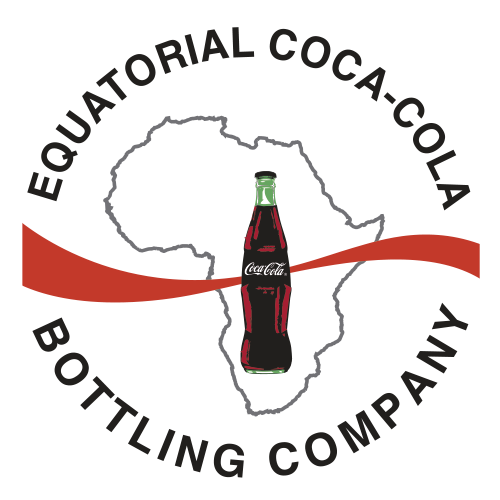Chez Equatorial Coca-Cola, nous avons une longue histoire de partenariat avec nos communautés pour créer de la valeur à long terme pour notre avenir commun.
Notre vision est de devenir la meilleure entreprise de boissons dans chacun des pays où nous opérons et le premier embouteilleur du système Coca-Cola en Afrique. Nous cherchons à le faire non seulement à travers les boissons que nous produisons, mais en créant une valeur durable pour nos communautés et en investissant dans un avenir meilleur pour l’Afrique et pour le monde.
C’est pourquoi, fin 2020, ECCBC a décidé de renforcer sa stratégie de développement durable pour garantir que notre entreprise réponde aux demandes changeantes de ses parties prenantes internes et externes et protège notre environnement commun.
L’objectif de cette nouvelle stratégie est de créer de la valeur pour ECCBC en intégrant les enjeux ESG (Environnement, Social et Gouvernance) dans notre cœur de métier. Cela reflète notre conviction que notre succès est lié à celui de nos communautés locales, et que lorsqu’elles prospèrent, nous aussi. C’est pourquoi, même si sa portée s’élargit, notre stratégie reste guidée par les objectifs de développement durable des Nations Unies pour 2030 et les objectifs mondiaux de Coca-Cola pour 2030.
En 2021, ECCBC a réalisé une évaluation de l’importance relative pour aider à jeter les bases de notre nouvelle stratégie. L’évaluation a utilisé les informations de nos parties prenantes internes et externes pour affiner notre vision ESG, définir les piliers de notre stratégie et développer la feuille de route de mise en œuvre.
En conséquence, notre nouvelle stratégie repose sur 6 piliers clés où ECCBC a un rôle important à jouer et peut apporter le plus de valeur. Chacun des piliers a été construit avec de multiples engagements, plans d’action et initiatives pour atteindre nos objectifs de développement durable 2030.
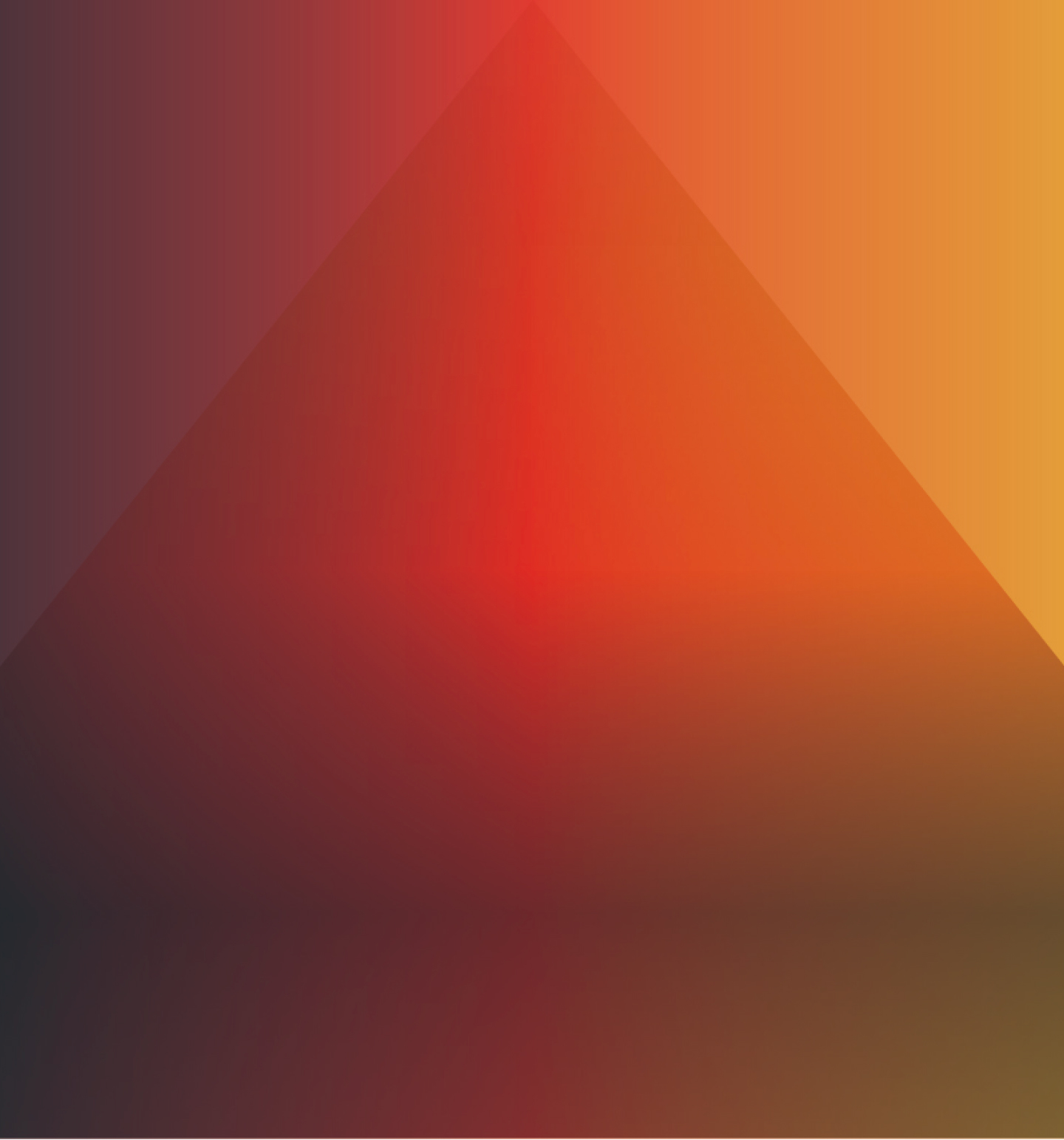
Valeur partagée, future partagé
Piliers du ESG Impact Strategy 2030
Notre nouvelle stratégie repose sur 6 piliers clés où ECCBC a un rôle important à jouer et peut apporter le plus de valeur. Chacun des piliers a été construit avec de multiples engagements, plans d’action et initiatives pour atteindre nos objectifs de développement durable 2030.
01 Emballage
Préserver la valeur de nos matériaux d’emballage et de notre environnement en augmentant la réduction, la réutilisation et le recyclage de nos emballages et en veillant à ce qu’ils ne finissent pas dans nos cours d’eau partagés ou dans l’environnement.
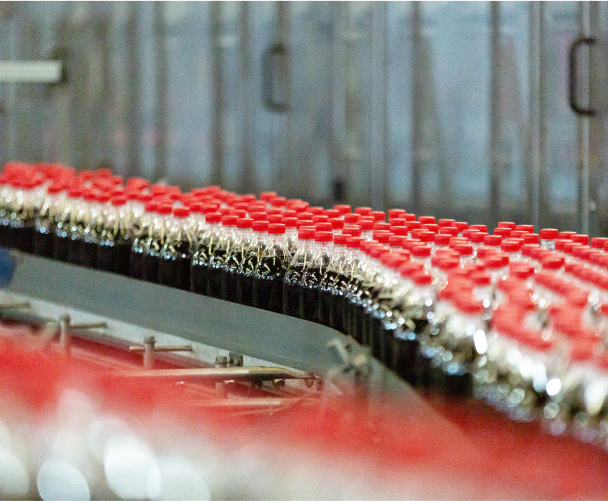
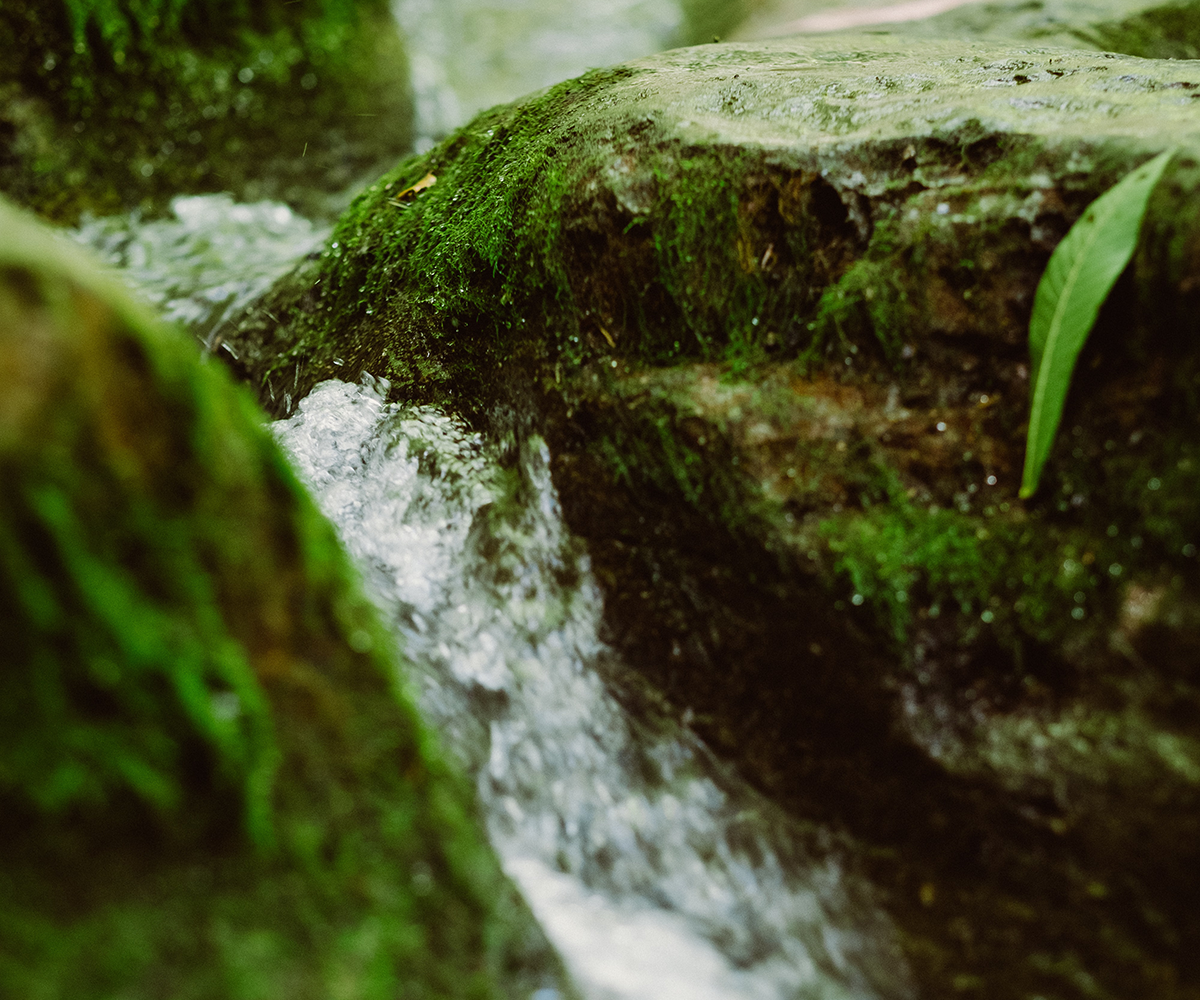
02 Eau
Maximiser la valeur de nos ressources en eau partagées en étant responsables de notre utilisation de l’eau au sein de l’entreprise et en aidant nos communautés à accéder à leurs ressources en eau et à mieux les gérer.
03 Climat
Préservez notre environnement commun en stimulant l’efficacité et l’innovation, afin de créer plus de valeur avec moins d’énergie, tant au sein de l’entreprise que dans nos communautés.
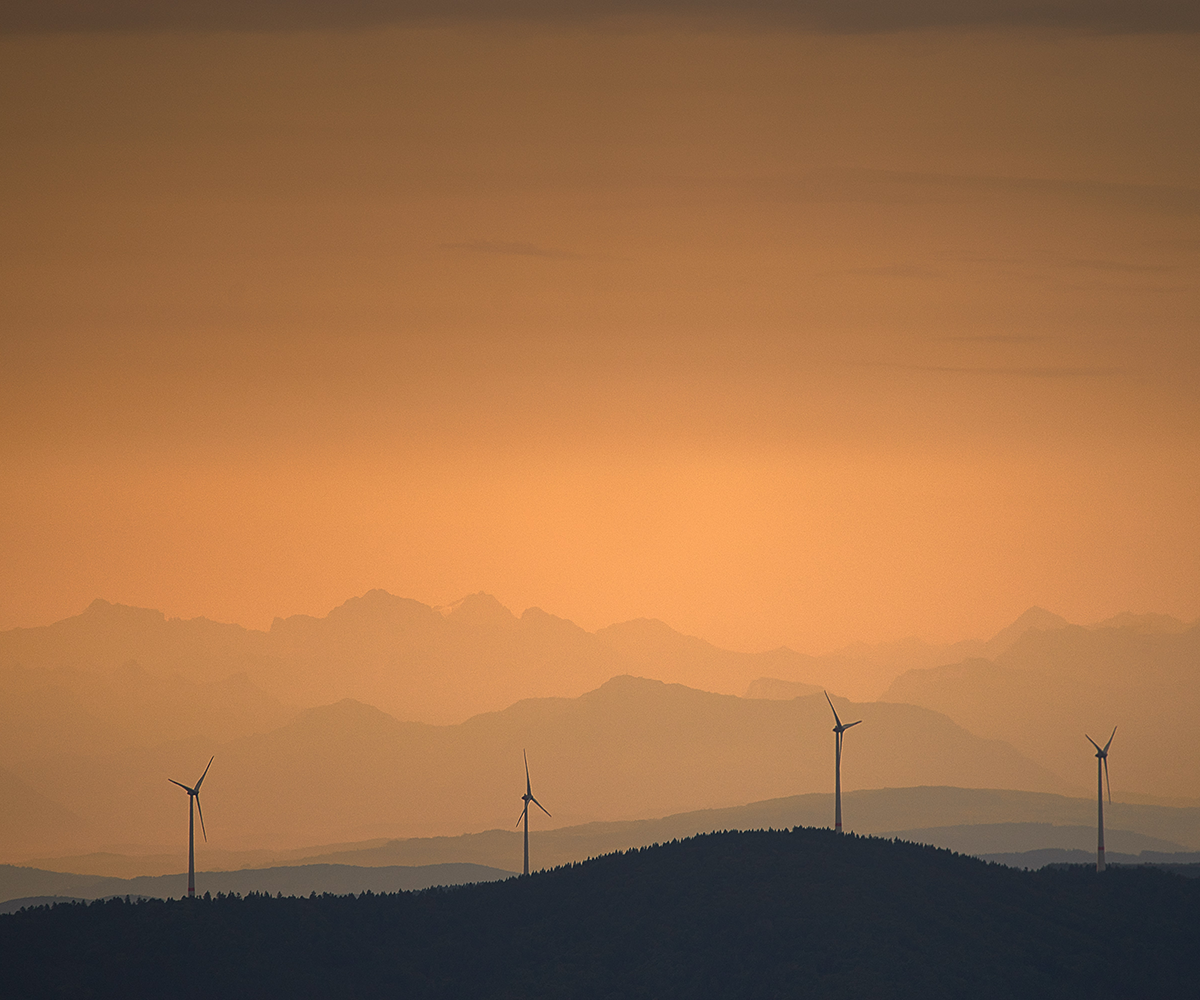
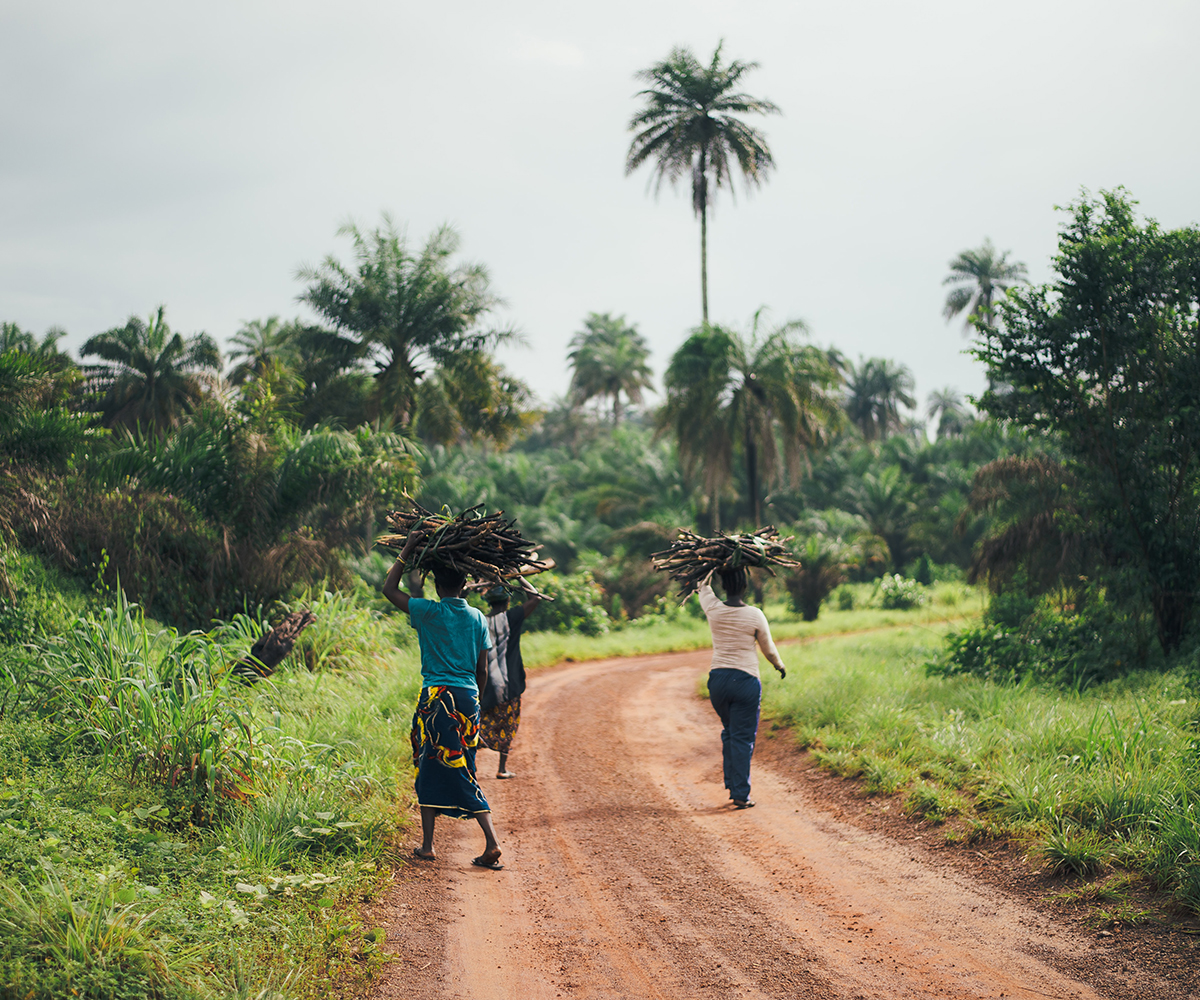
04 Communautés
Nous créerons une valeur durable pour nos communautés en investissant en elles et dans leur avenir, en nous concentrant sur l’amélioration de leur santé et de leurs moyens de subsistance, et en investissant dans l’employabilité et les compétences des femmes et des jeunes.
05 Approvisionnement
Prenez des décisions responsables pour nos communautés et notre planète en soutenant les entreprises durables tout au long de notre chaîne de valeur, de la ferme à la table.
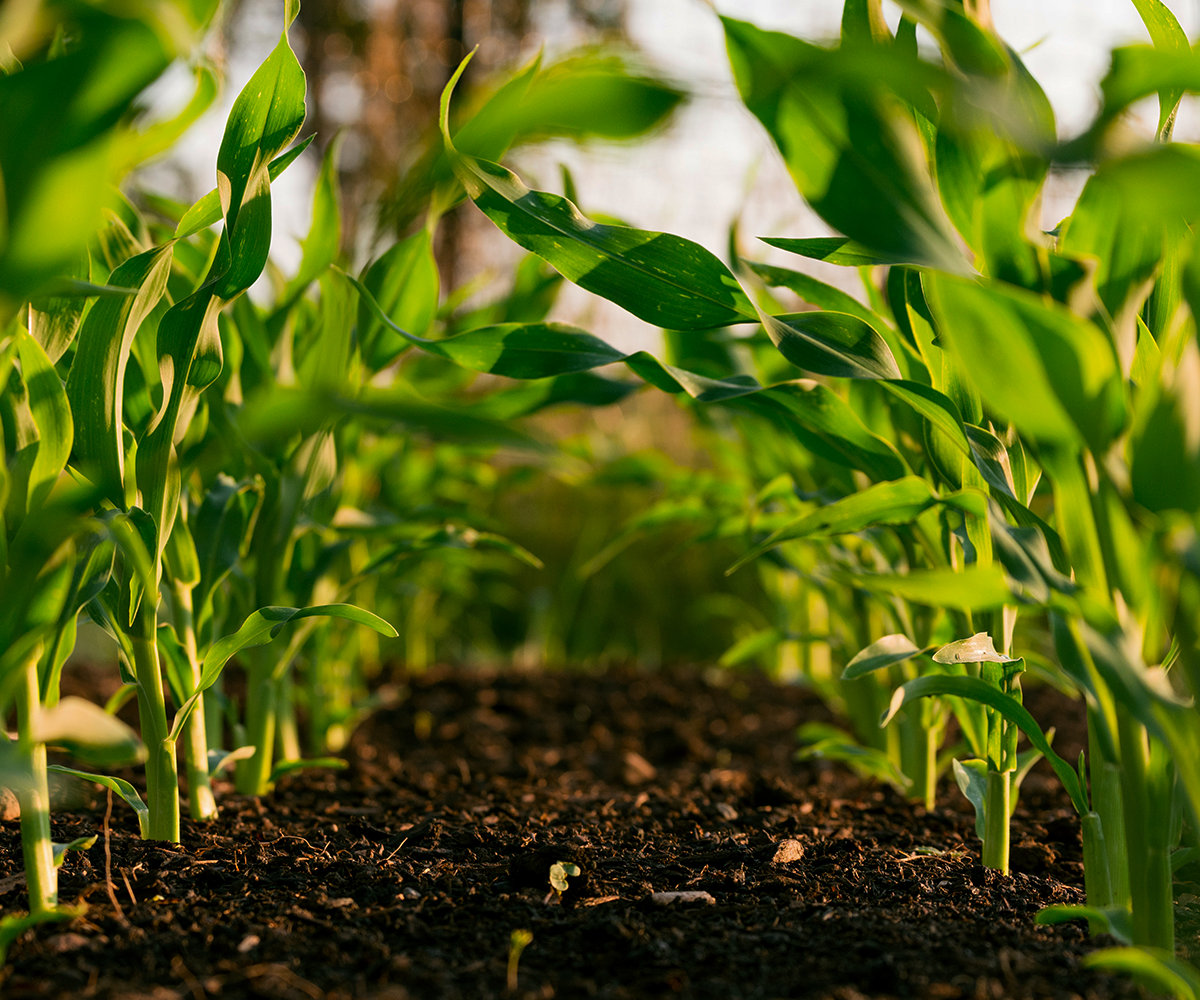
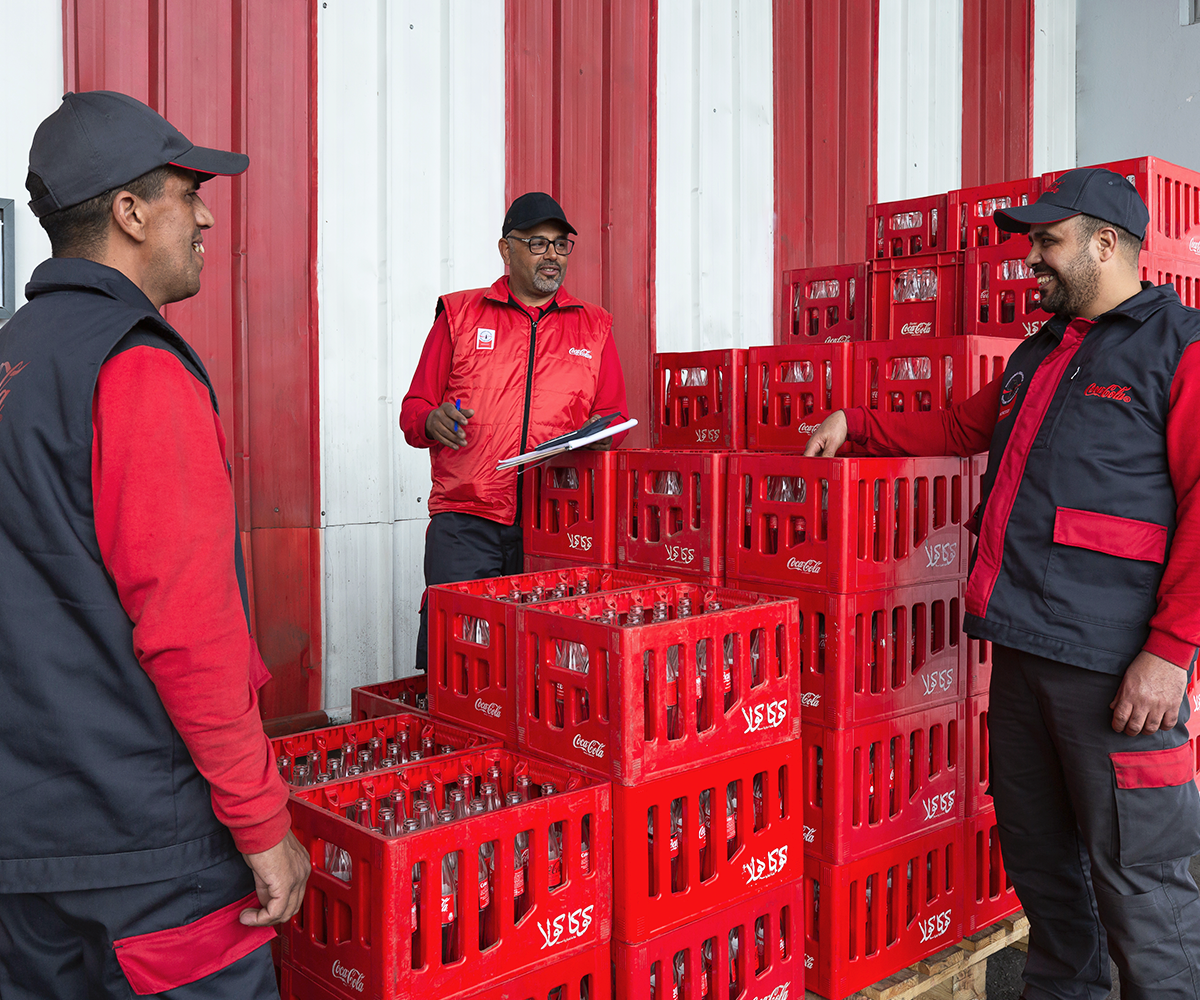
06 Personnes
Nous accorderons une valeur égale à tous nos employés, en leur fournissant les outils et les opportunités de se développer professionnellement et en éliminant les obstacles à leur progression.

Progrès
Depuis le début de notre activité en Afrique, nous avons combiné l’engagement social et environnemental avec une stratégie de croissance qui nous a permis de nous consolider durablement dans tous les pays où nous opérons.
